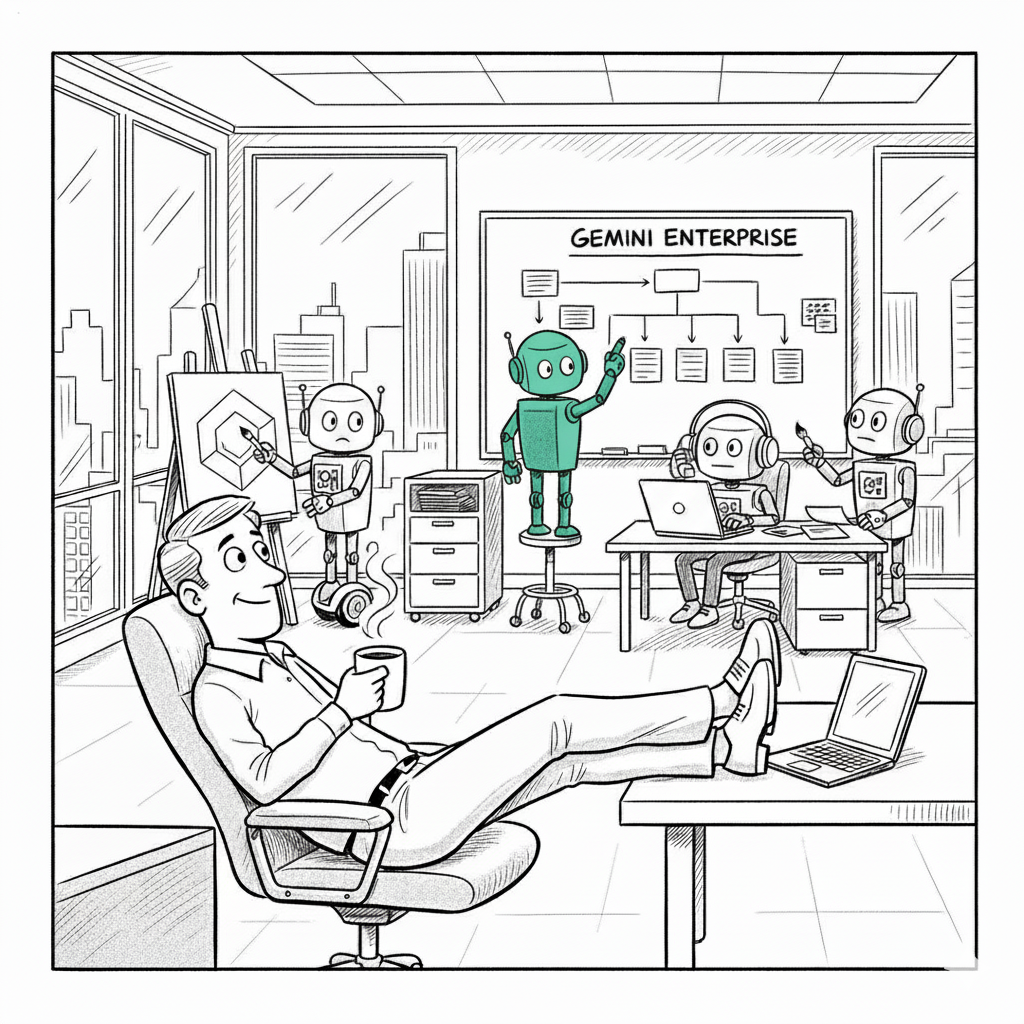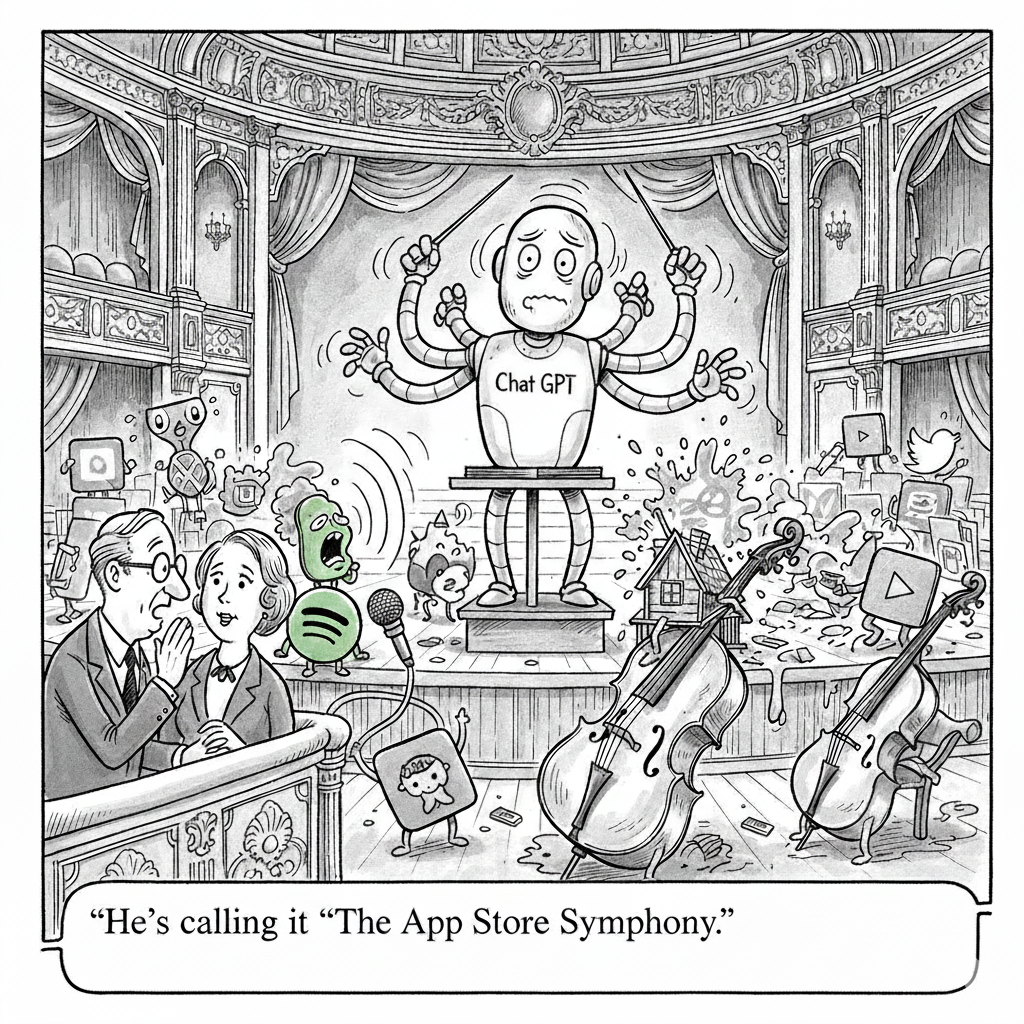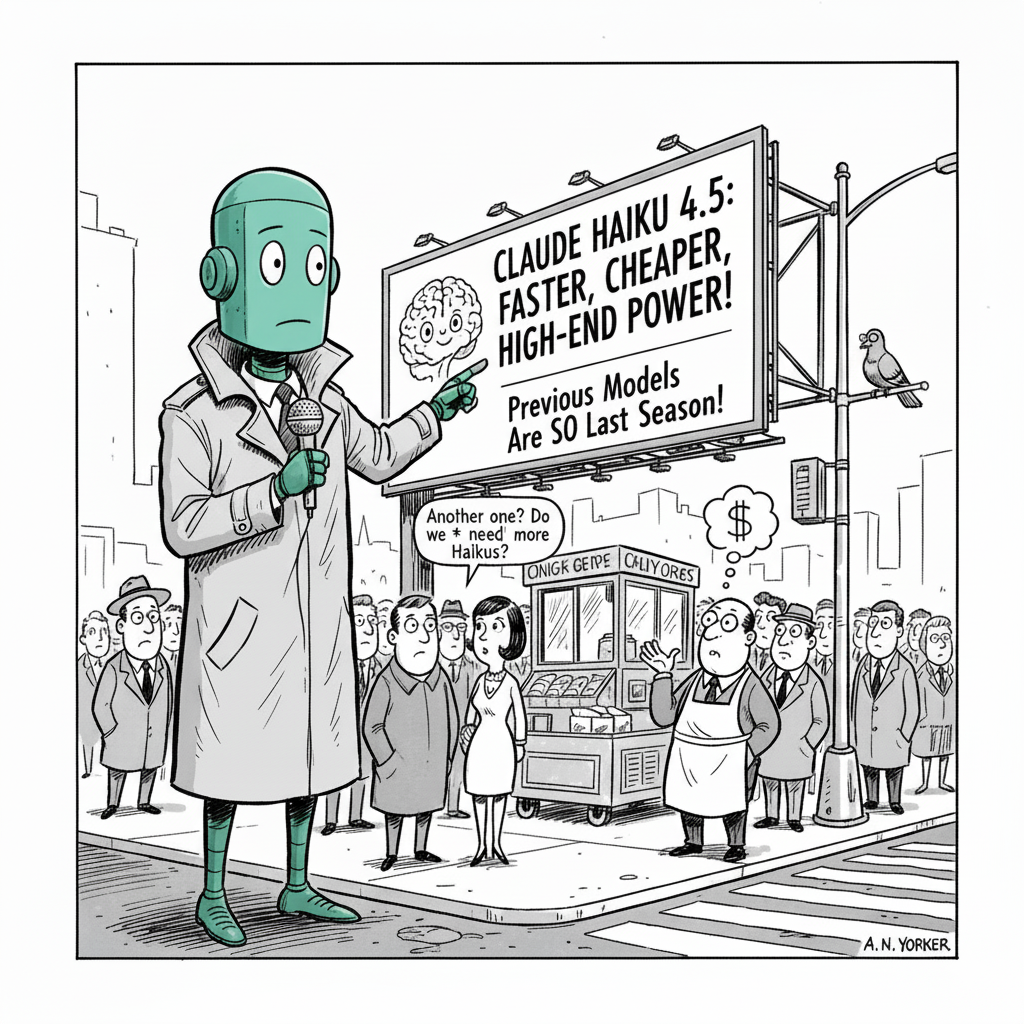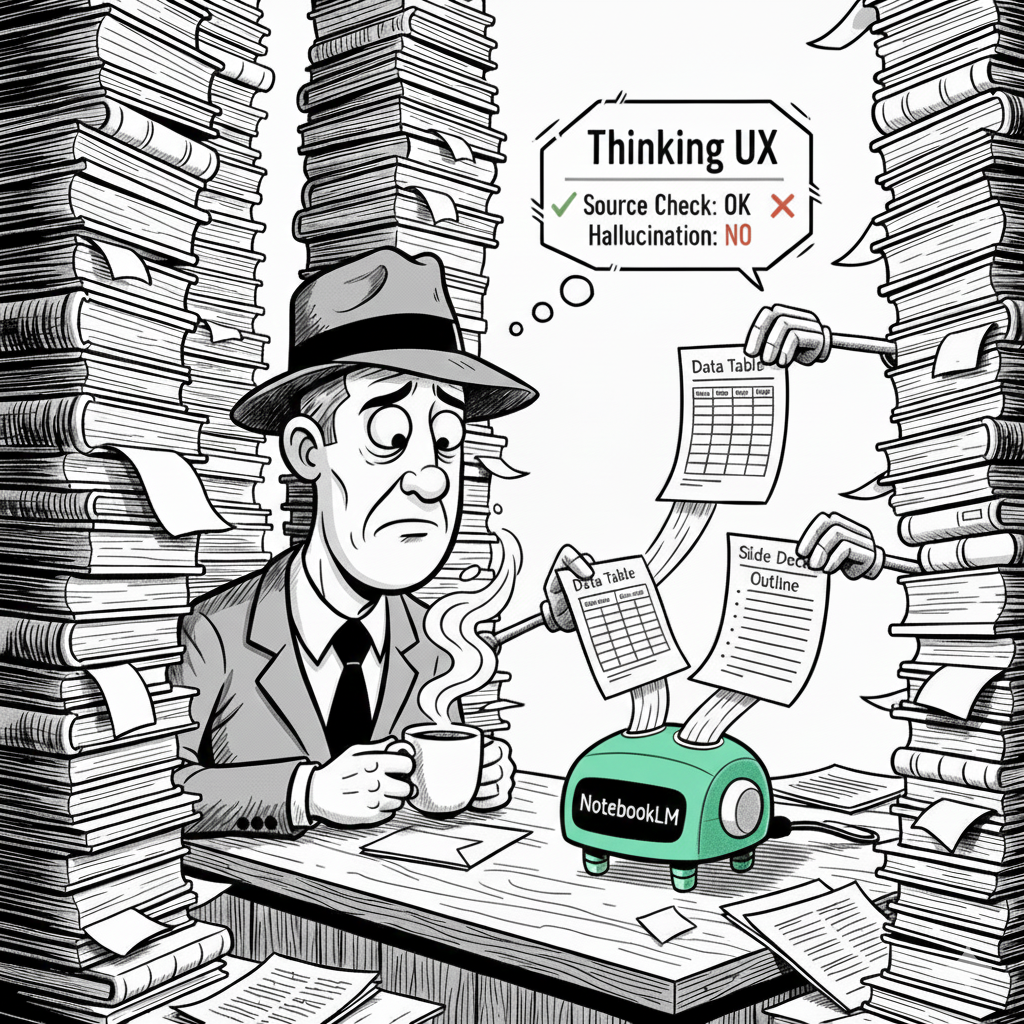Google Released Gemini Enterprise
Google's Gemini Enterprise is a comprehensive AI orchestration platform designed to function as a central operating system to enable businesses to deploy an "agentic workforce" capable of automating their workflows.
The introduction of Gemini Enterprise on October 9, 2025, represents a pivotal and strategic initiative by Google to establish a foundational "AI operating system" for the corporate world. This platform transcends the capabilities of early-generation AI assistants, offering a sophisticated orchestration layer engineered to manage an "agentic workforce." This new workforce is designed to automate intricate, multi-stage business processes across various functions. The platform's value proposition is anchored by three key principles: democratization, integration, and governance. Democratization is realized through an intuitive, no-code "Workbench," enabling employees without technical expertise to construct and deploy their own AI agents, thereby scaling specialized knowledge throughout the organization. Integration tackles the persistent issue of data fragmentation by offering secure connections to a wide range of enterprise systems, such as Google Workspace, Microsoft 365, Salesforce, and SAP, which grounds the AI agents in the specific context of a company's proprietary data. Lastly, a comprehensive governance system provides IT administrators with a centralized and auditable interface to oversee the AI workforce, ensuring secure operation and adherence to strict regulatory standards, thus addressing a major barrier to widespread AI adoption in the enterprise.
This ecosystem includes pre-built agents from Google for common business activities, custom agents developed by a company's own employees, and access to a marketplace with over 1,500 agents from more than 100,000 partners. The platform's ultimate potential is unlocked through orchestration which is the coordination of multiple agents to automate complete, end-to-end business processes, a capability enabled by Google's open Agent2Agent (A2A) Protocol.
A core tenet of Gemini Enterprise is its ability to "ground" AI models in an organization's specific data, which ensures that the generated responses are not only intelligent but also precise and contextually relevant. This is accomplished via a secure data integration framework that employs Retrieval-Augmented Generation (RAG) to minimize the risk of AI "hallucinations" by basing outputs on verifiable internal information. Security is a paramount concern, addressed by the foundational principle of least privilege, which dictates that an AI agent operates with the exact same permissions as the user who activates it. This design prevents AI from becoming a new channel for data breaches. The system also integrates with existing enterprise security measures like Data Loss Prevention (DLP), Information Rights Management (IRM), and Client-Side Encryption (CSE) for a multi-layered defense. Google makes a firm privacy guarantee that customer data in the enterprise versions is not utilized for training its models. The platform's robust security is further validated by an extensive list of compliance certifications, including HIPAA, FedRAMP High, and ISO 42001, affirming its suitability for deployment in highly regulated sectors.
In the competitive arena, Google differentiates itself with an open ecosystem strategy. While Microsoft's Copilot Studio is primarily an embedded assistant designed to enhance productivity within the M365 suite, and Salesforce's Agentforce concentrates on autonomous agents for specific roles, Gemini Enterprise is positioned as a universal, cross-platform orchestration hub capable of managing agents from any source. The platform is already being adopted by leading corporations such as HCA Healthcare and Macquarie Bank to address significant business challenges. For professional developers, Gemini Enterprise is tightly integrated with the Vertex AI platform, offering an Agent Development Kit (ADK) and a complete set of MLOps tools for creating and deploying highly customized agents. The rise of such agentic platforms signifies a paradigm shift, moving AI from a standalone tool to a fully integrated and orchestrated component of the workforce. For corporate leaders, the adoption of this technology is a critical strategic decision that will profoundly influence their organization's future competitiveness and innovation.




